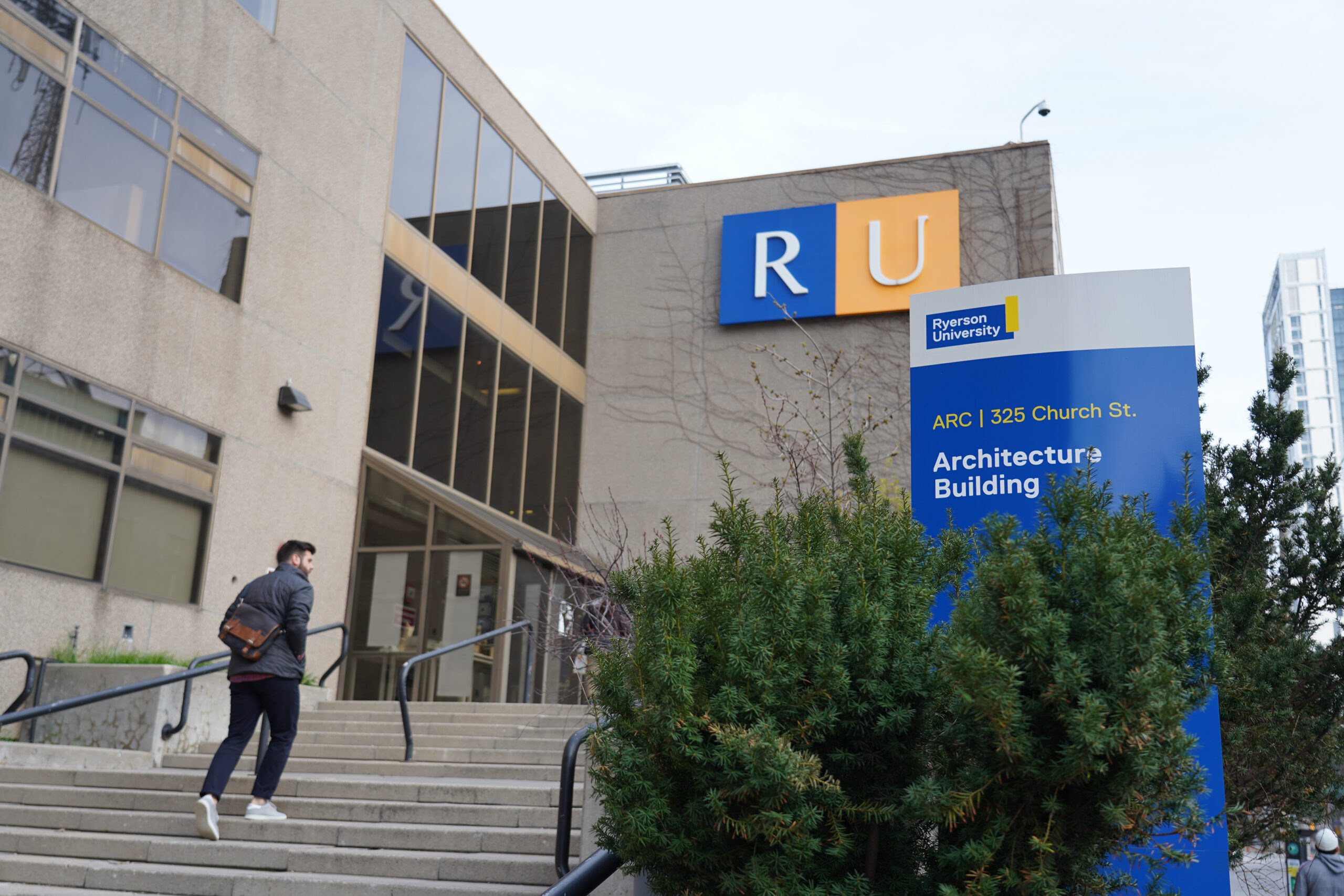Ryerson University announces name change
After years of campaigning by students and indigenous groups, Ryerson University has agreed to no longer hail the name of an architect of the residential school system.
On June 1, 2021, the statue of Egerton Ryerson, the founder of Ryerson University and an eminent contributor to the design of the Canadian Indian residential school system, was vandalized with red paint after the discovery of over 215 unmarked graves in British Columbia.
Ryerson University has decided to change its name after long and careful deliberation to no longer be affiliated with the brutal architect of the Canadian residential school system. This change has been demanded by many Indigenous students and staff members at the university for years but despite their outcry for justice, no action had been taken until now.
Yellowhead Institute, Ryerson University’s First Nation-led research centre, stated in an open letter that their student and faculty would be changing its name to an unknown ‘X University’ in their communication signatures and social media. The task committee advises the institution to consult community members and stakeholders in deciding the university’s new name.
Taking the right steps towards reconciliation by educational institutions is important. This allows such prestigious schools to re-assess their core values and make necessary changes that create a safe and inclusive environment for everyone, hence ensuring quality and equality amongst students.
Recently at the University of Toronto Mississauga, the new North Building was renamed to Maanjiwe Nendamowinan. UTM stated, “formally endorsed by the Anishinaabemowin, the name roughly translates to “gathering of minds.” UTM President Meric Gertler said that this name change “reflects our commitment to engagement with Indigenous communities as we work together to lead the process of reconciliation.”
Veronica King-Jamieson, councillor of the Mississaugas of the Credit First Nation, said that “our vision is to have an Indigenous hub at UTM that attracts Indigenous students as they seek higher education while enabling them to stay connected and grounded to their history and identity.”
Ryerson University and other universities in Canada, can take example from UTM’s naming process with the Maanjiwe Nendamowinan building. At the time Ryerson University was named, conversation around the residential schools weren’t as widespread as today. Whereas MN was named during a time and in a place of increased Indigenous literacy and awareness. The intention to give a name that acknowledges and respects the history our land embodies is critical in moving forward in reconciliation.
Some buildings are named after people to honour their lives or generosity, while others are named after public figures who have donated large sums of money to the institution. A name is more than just a word; it is a statement that holds meaning.


‘University Of Southern Ontario’
I already like the name…
I don’t know about reconciliation, even after reading up on Indigenous issues from some resources affiliated with York University. It’s pretty obvious that if the country were to stand united, which is a very pressing issue in our time of increasingly polarized political viewpoints, we cannot cater to different foreign or native cultures – it creates inconsistency of values and further divide sthe people. If this is identified as the current pressing issue requiring our attention and resources during the pandemic where EVERYONE is suffering (not just a specific group), I fear that our western civilization will collapse.
Oh, you thought a white person is posting this? No. I’m saying this as an immigrant who have successfully integrated in the Canadian society, having graduated from a Canadian post-secondary institution. Perhaps my Canadian friends are reluctant to defend their interest because liberalism successfully guilted and brainwashed them, but we shouldn’t take this country for granted and tear down the very foundations that the European forefathers have constructed for OUR future. That, to someone who grew up in much worse conditions, is not only incredibly unwise, but also incredibly ungrateful.